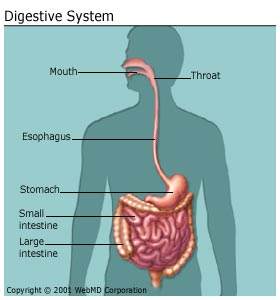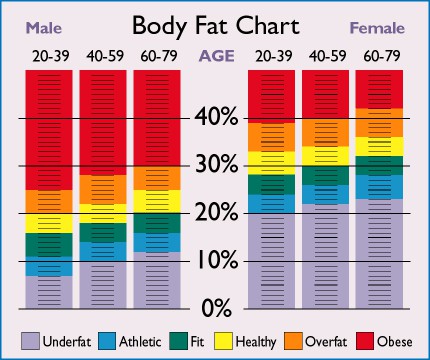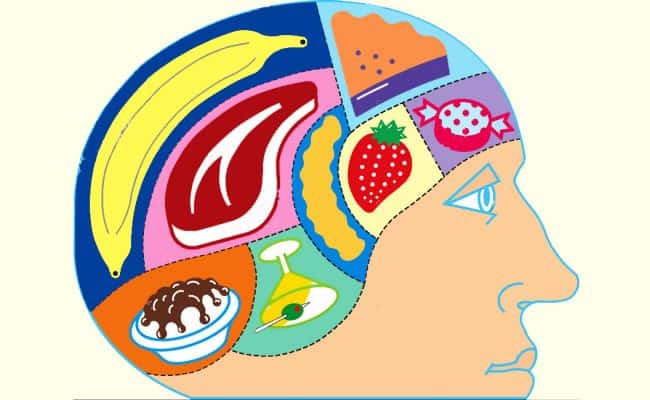
Once food is digested and metabolized, the fate of the energy really depends on what the body needs it for. Food doesn’t automatically turn to fat or not; there are many factors that determine metabolic rate and how the body uses food.
Even the digestion time will vary between people, but there are some general estimates we can use to determine about how long it takes for the food we eat to be used by the body.
How long is the digestion process?

The stomach breaks food particles up into tiny pieces that the body can absorb. From the stomach, the food passes to the small intestine.
The small intestine is where most of the absorption takes place. There are even more enzymes released into the small intestine so single molecules can be absorbed and enter the blood stream.
Whatever is not absorbed across the small intestine wall goes to the large intestine, which can take about 30-40 hours before it is finally eliminated from the body.
So, when you eat a meal the nutrients from the food can be absorbed into the blood stream in about less than 10 hours, but the undigested food particles may not get eliminated from the large intestine for a day or two.
The type of food you eat can also impact the rate of digestion. Fiber can slow down the rate of simple sugars going into the blood stream from the small intestine, and protein can increase the time needed for break down in the stomach. (See also: How to aid digestion)
On the contrast, eating foods that are mostly simple carbohydrates can provide quick energy that may be available quickly.
What will your body use the fuel for?
Once the digested food is in the blood stream, the body can use it for immediate fuel or store it. This is where there are a lot of factors, and there is not a simple equation to determine where that energy will be used or how.
If you are getting energy absorbed into the blood stream, like simple sugars, then the hormone insulin will have a strong role in determining the fate of the energy.
One of insulin’s main roles is to promote storage. It helps body cells take the sugar out of the blood stream to be used for fuel, if needed, or it will be stored as glycogen or fat.
If you are sitting or sedentary for most of the day, chances are when you eat your body won’t need much energy to fuel your muscles. The chances of some food energy getting stored as fat are higher than if your body needs that energy to fuel muscles or repair depleted glycogen stores, like after exercise.
Your body also uses energy from food to repair tissue, make hormones, make new cells and fuel basic life functions such as breathing, keeping your heart beating and fueling your brain so it can function.
Just because you eat one high calorie meal doesn’t mean that will equal its weight of fat on your body. The metabolic process is more complex than this and researchers are still trying to fully understand the intricacies of how our bodies’ metabolism works.
How soon can an unhealthy diet impact your body?
A 2015 study in Obesity found that after only 5 days, healthy males who ate a high fat diet had altered metabolism and muscle signaling. This study suggests even going 5 days with an unhealthy, high fat diet can affect your body’s metabolism in a negative way.
Long term unhealthy eating habits can increase risk for weight gain, type 2 diabetes and heart disease, but this study has shown short term unhealthy eating can impact the body.
The research subjects are on a diet of 55% of calories from fat, and their calorie intake remained similar to the amount they normally eat. Researchers found the high fat diet impacted the way their muscles responded to taking up glucose from the blood.
Interfering with muscle uptake of glucose could lead to impaired insulin signaling which can impact type 2 diabetes risk if long term.
Conclusion
How long it takes for food to become fat in the body depends on many factors. The digestion process takes about 8-10 hours for food to pass through the stomach to be absorbed from the small intestine.
Once the food is broken down into single molecules and available for the body to use, the body can use it for immediate fuel or store as fat or glycogen.
Eating a high fat diet for only 5 days can negatively impact metabolism, even in healthy adults according to a 2015 study. Diet habits can impact metabolism as well as how active the muscles are.











